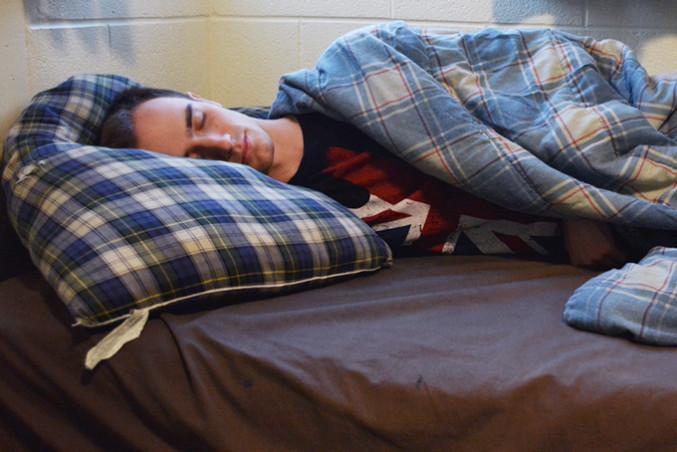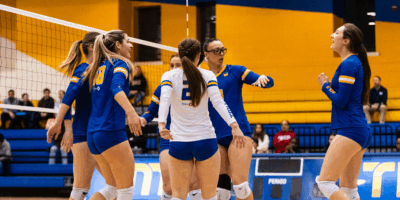By Jackie Hong
Curing insomnia in people suffering from depression may almost double their chances for recovery, the early results from a Ryerson study are saying.
“What we found was that the vast majority of people who recover from depression are the people who recover from insomnia,” said associate psychologoy professor Colleen E. Carney, who led the study. “But if you don’t recover from insomnia your chances from recovering from depression are … much less.”
The study involved 66 participants and was conducted at Ryerson’s Sleep and Depression (SAD) lab. Participants’ insomnia was treated using cognitive behavior therapy (CBT), a method where facilitators examine participants’ sleeping habits and then calculate sleep schedules to fit their individual patterns.
According to the preliminary data, 87 per cent of participants who had their insomnia cured also saw their depression dissipate, which is almost double the rate of participants who did not have their insomnia treated.
Although the findings of the study are grabbing headlines, Carney thinks that another part of it is just as significant – her first-year graduate students were the ones who administered the CBT.
“One of the criticisms of cognitive behavior therapy is that it’s not widely available,” said Carney. “However, what we wanted to do was show that the graduate students who provided the treatment came in with pretty much no sleep background at all, and no therapy background.
“So that’s really important information because it means that I can go and train a group of … people who don’t have a sleep background … to do this treatment.”
Carney emphasized that the findings are still in the preliminary stages, and that there’s still a lot of data to comb over before any concrete conclusions can be drawn.
For examaple, some of the particpants received CBT in conjuction with anti-depressants, while others received CBT with a placebo.
“Maybe it’s that you have to treat insomnia but you also have to treat depression with an anti-depressant? Or maybe you shouldn’t use an anti-depressant? We don’t know yet,” she said.
She added that the final participant is finishing therapy this month, at which point the data will be sent to an off-site statistician to verify the findings. However, the results are promising because they’re similar to the findings of a 2008 Stanford University on the same topic.
Carney and her team will be presenting their findings for the first time on Saturday at a convention of the Association for Behavioral and Cognitive Therapies in Nashville.
“Everyone’s getting excited about this, and it is very exciting,” Carney said. “But it’s about to get even more exciting when we actually look at the data.”












Leave a Reply